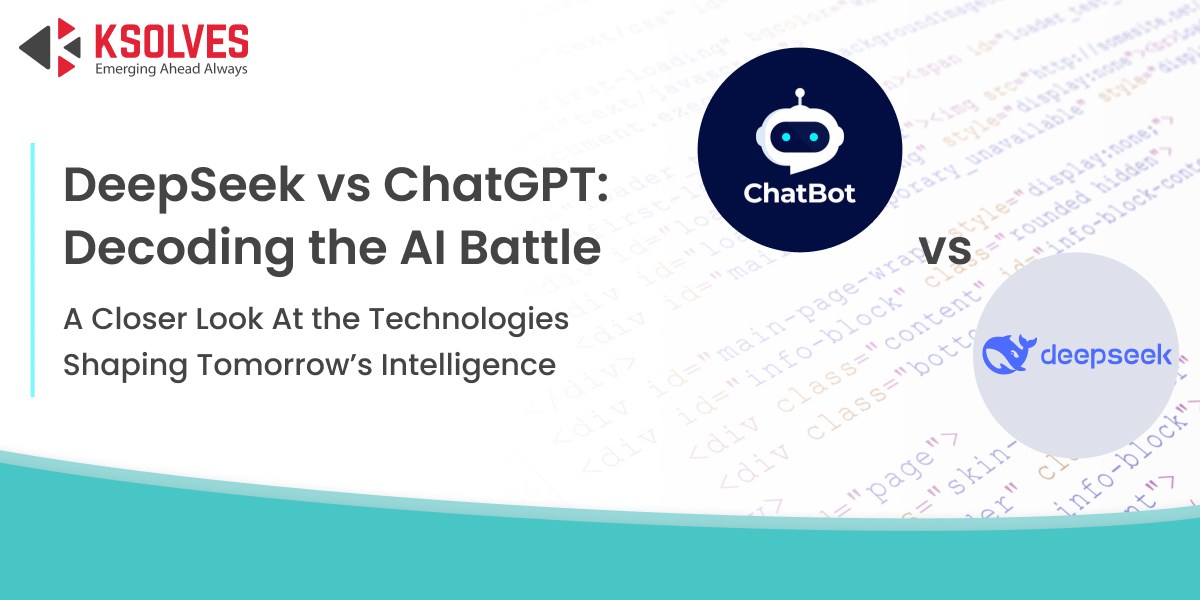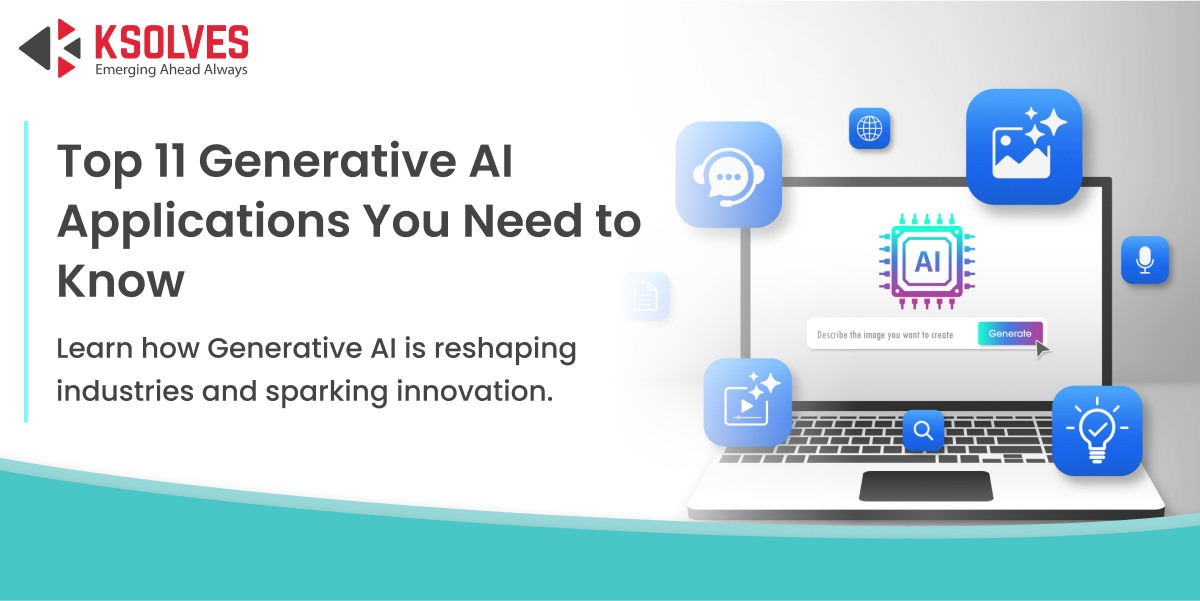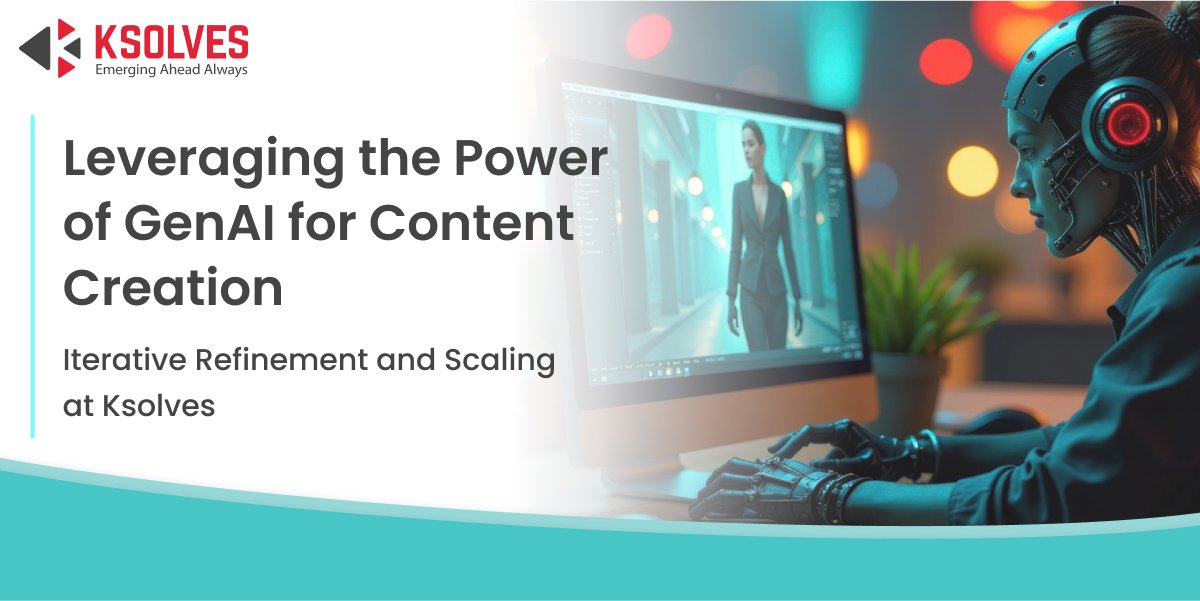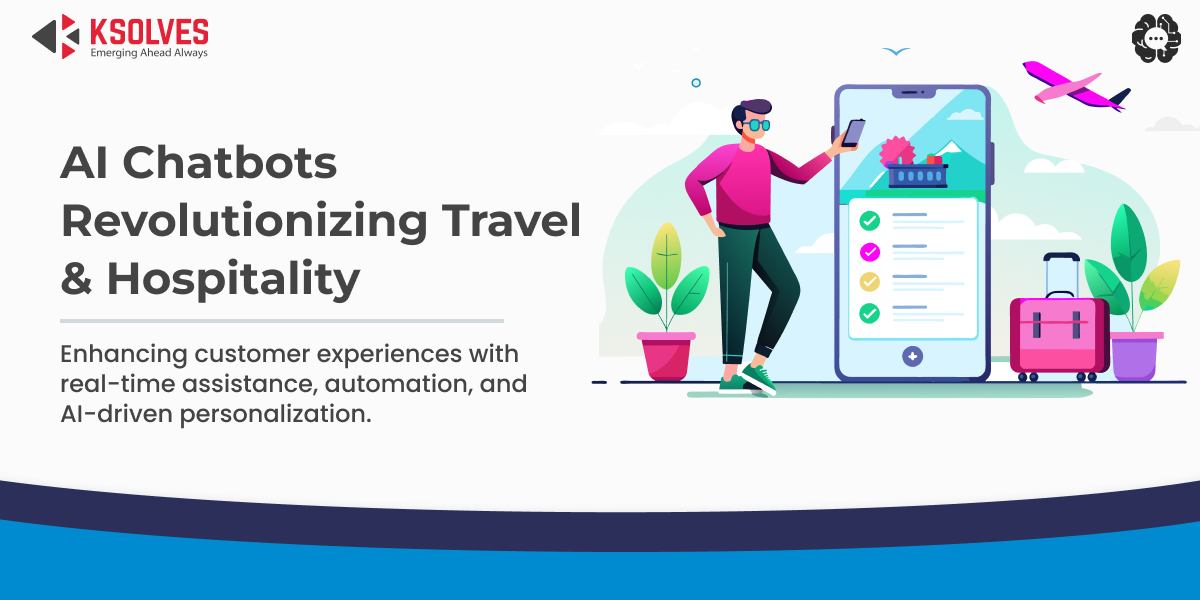DeepSeek vs ChatGPT: Decoding the AI Battle
AI
5 MIN READ
March 19, 2025

Artificial intelligence has grown dramatically over the last decade, mainly due to advancements in tools and models like data analysis, machine learning, and natural language processing. Among all the AI systems that have recently gained attention, two platforms, DeepSeek and ChatGPT, stand out. Both are powerful independently; however, they have distinct objectives and even functionality, serving very different needs.
Hence, this blog will delve deep into DeepSeek vs ChatGPT and analyze their differences using several parameters, including performance, efficiency, and more.
What is DeepSeek?
DeepSeek is an artificial intelligence company that builds various open-source large language models (LLMs). Unlike traditional dense models, DeepSeek uses a mixture of expert (MoE) architecture. Under this approach, the model utilizes a fraction of its total parameters per inference, making it a cost-effective and powerful AI solution.
As evidence of its increasing popularity, DeepSeek’s AI Assistant app recently overtook ChatGPT as the most downloaded free software on the Apple App Store in the US. DeepSeek’s rise also reflects a broader trend of emerging AI companies challenging established leaders, signaling a dynamic shift in the industry as consumers seek diverse and innovative AI experiences.
What is ChatGPT?
ChatGPT is another popular AI model member of OpenAI’s GPT family. ChatGPT is particularly leading the way in AI-powered conversational models. Since its first launch, it has undergone several iterations, such as GPT-3.5 and GPT-4, which have established standards for the caliber of AI-generated writing, reasoning skills, and contextual awareness.
With time, ChatGPT has gained widespread recognition across various fields, such as customer service, content creation, marketing, and education. The primary reason for its success involves the presence of a large training dataset, robust transformer-based architecture, and OpenAI’s continuous improvements in reinforcement learning with human feedback (RLHF).
Comparison: DeepSeek vs ChatGPT
Let’s understand the core differences between the two models based on key parameters.
DeepSeek vs ChatGPT: Key Technological Differences
-
DeepSeek’s Deep Learning Approach
DeepSeek specializes in semantic search. It eliminates the old technique of matching keywords by leveraging AI to understand the underlying meaning of user queries. Natural Language Processing (NLP), Deep Neural Networks, and Context-Aware Search are some of its models.
-
ChatGPTs Language Model
Conversely, ChatGPT is built on the GPT architecture. This is a language model trained on an extensive text dataset. It utilizes transformers, pre-trained knowledge, and generative capabilities.
DeepSeek vs ChatGPT: Architectural Differences
-
ChatGPT’s Dense Transformer Model
ChatGPT operates on a dense transformer model, meaning every parameter is active during inference. This enables a very contextually aware and cohesive reaction but also requires a lot of computational power, making large-scale deployment costly.
-
DeepSeek’s Sparse MoE Model
In contrast, DeepSeek uses a Mixture-of-Experts (MoE) architecture, in which each token prediction uses only a subset of the total parameters. In particular, DeepSeek-V2 is more efficient because just 21 billion of its 236 billion parameters are enabled for every token. As a result, it can provide excellent performance with reduced computational overhead.
ChatGPT vs DeepSeek vs: Use Cases and Applications
DeepSeek Use Cases
DeepSeek is highly versatile. It offers personalized search results for research, legal, and business intelligence sectors. It excels in market and competitive research, data mining, and providing context-aware insights for academic research.
ChatGPTs Use Cases
ChatGPT is widely used in customer support, handling inquiries, troubleshooting, and processing transactions via chatbots in customer service settings. Its content creation capabilities are ideal for generating blogs, social media posts, and more.
DeepSeek vs ChatGPT: Training Efficiency and Resource Utilization
-
ChatGPTs Training Requirements
OpenAI’s GPT models, especially GPT-4, required large amounts of GPU power and financial resources. For example, thousands of GPUs were needed to train ChatGPT over long periods, resulting in hefty infrastructure expenditures.
-
DeepSeek’s Cost-Effective Training Approach
In contrast, DeepSeek is less costly because it focuses on economic training while maintaining competitive performance. It took only 2788K H800 GPU hours or an estimated $5.57 million price tag. This is very low compared to what most OpenAI companies and Meta have invested in similar kinds of models.
DeepSeek vs ChatGPT: Performance and Capability
-
Strength of ChatGPT
ChatGPT’s transformer architecture ensures context-aware responses, making it a trusted tool across industries. Its strong NLP and reasoning benchmarks further highlight its effectiveness.
-
Strength of DeepSeek
DeepSeek’s MoE model ensures efficient performance with minimal computational cost while achieving competitive results in AI benchmarks. The growing popularity of its AI Assistant app reflects the rising demand for its capabilities.
DeepSeek vs ChatGPT: Market Impact and Reception
- Alternatives: Users are keen to investigate options for OpenAI’s models, as evidenced by DeepSeek’s AI Assistant app outperforming ChatGPT on the US App Store (The Hindu, 2025).
- Financial Impact: As investors re-evaluated the dynamics of the AI market, DeepSeek’s rising significance caused a drop in the stock prices of significant AI-driven companies, including Nvidia, Microsoft, and Alphabet (Reuters, 2025).
- Global Expansion: DeepSeek’s affordable strategy makes AI development more accessible to a broader spectrum of businesses and researchers, even though ChatGPT remains a dominant force.
DeepSeek vs ChatGPT: Ethical and Security Considerations
ChatGPTs Ethical and Security Concerns
- Data Privacy Risks: Due to ChatGPT’s extensive usage in consumer and business applications, OpenAI’s data handling processes and data privacy have been scrutinized.
- Bias in Responses: ChatGPT has been criticized for its biased responses, which occasionally reflect societal or training data biases, like most AI models.
- Risks of disinformation: ChatGPT’s ability to produce plausible but possibly untrue information has raised questions over ethical AI use and disinformation.
DeepSeek’s Ethical and Security Concerns
- Legal and Ethical Concerns: DeepSeek’s approach to AI involves “distillation” from others. It alleged they utilized proprietary technologies without express consent, which raises questions about possible intellectual property infringement.
- National Security Concerns: Texas was the first state in the US to outlaw DeepSeek, alleging possible security threats associated with foreign data access due to its connections to Chinese AI research.
- Misuse of AI: Many regulatory bodies have already raised major concerns related to its wrong use in cyber operations or state-sponsored activities.
Future Prospects
The increasing competition between ChatGPT and DeepSeek is a leading force driving innovation in the AI space. Hence, the following are the key considerations for future developments of the AI models:
-
Balancing performance and efficiency
DeepSeek’s MoE model serves as an essential blueprint for economic AI, and OpenAI may investigate such optimizations in further iterations of GPT.
-
Ethical and security concerns
Ensuring optimal transparency and responsive AI development will be critical for both models.
-
Expanding Accessibility
More efficient models can potentially democratize AI adoption, expanding access to powerful NLP tools for a broader audience.
Summary of Comparison Between DeepSeek and ChatGPT
The below table shows a comparative overview of DeepSeek AI and ChatGPT, highlighting their key features:
| Features | DeepSeek | ChatGPT |
| Developer | DeepSeek AI Lab | OpenAI |
| Model Type | Large Language Model (LLM) | Large Language Model (LLM) |
| Primary Focus | Advanced AI-driven search and content generation | Conversational AI, content creation, and code |
| Capabilities | AI-powered search, text generation, and reasoning | Natural language understanding, chat-based assistance, and AI-generated content |
| Training Data | Trained on diverse datasets | Trained on a mix of publicly available and licensed data |
| Strengths | Strong in search-based AI solutions and domain-specific applications | Versatile across multiple domains, including coding, writing, and problem-solving |
| Conventional Ability | Advanced but primarily focused on AI-driven search enhancement | Designed for engaging, natural conversations across various topics |
| Use Cases | AI-driven search engines, research assistance, and data retrieval | Customer support, content writing, coding, tutoring, and more |
| Customization | Can be tailored for AI-enhanced search experiences | Offers API access for developers to fine-tune models |
Both AI models have strengths, with DeepSeek AI excelling in AI-powered search and ChatGPT offering a broader range of conversational and creative applications.
Conclusion
Hence, this DeepSeek vs ChatGPT analysis concludes that both AI models are powerful AI technologies and cater to different needs. DeepSeek excels in context-sensitive search and data analysis, making it ideal for research, business intelligence, and data mining. It is designed to uncover actionable insights from large datasets. Conversely, ChatGPT specializes in natural, human-like interactions, making it well-suited for customer support, content creation, and personal assistance.
The choice between them depends on your needs. DeepSeek is best for advanced search and personalized results, while ChatGPT is the perfect tool for generating engaging and meaningful content. Hence, both models represent cutting-edge AI with their own strengths and applications.
Disclaimer:
This comparison is for informational purposes only and does not constitute an official assessment or endorsement. Accuracy is not guaranteed, and the content may be subject to change. Neither the authors nor the publishers assume any liability for decisions based on this information. Users should conduct independent evaluations and refer to official sources before making decisions.




AUTHOR
AI
Mayank Shukla, a seasoned Technical Project Manager at Ksolves with 8+ years of experience, specializes in AI/ML and Generative AI technologies. With a robust foundation in software development, he leads innovative projects that redefine technology solutions, blending expertise in AI to create scalable, user-focused products.
Share with